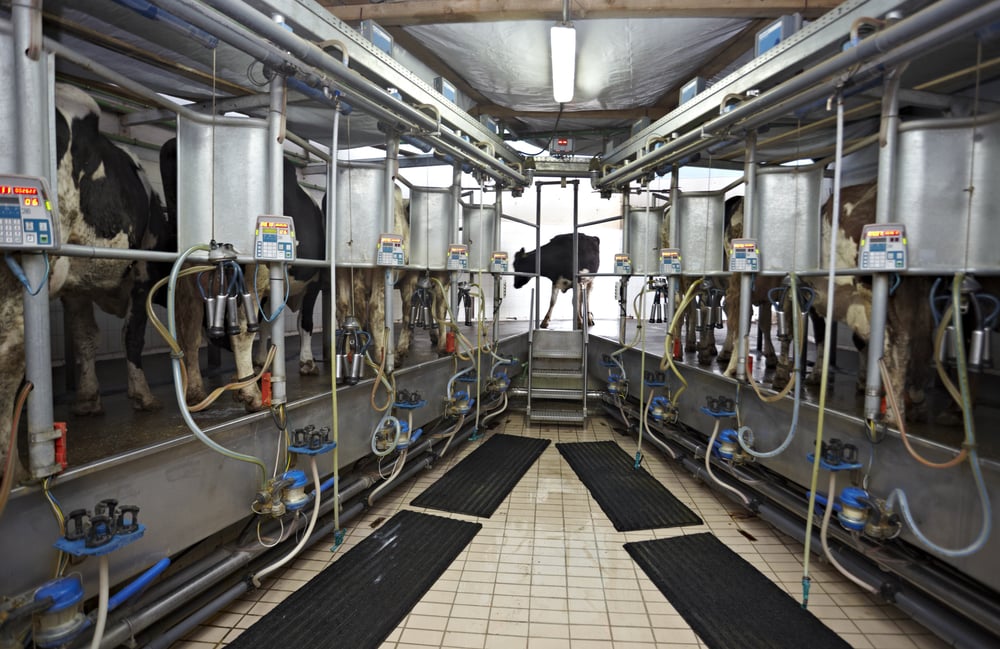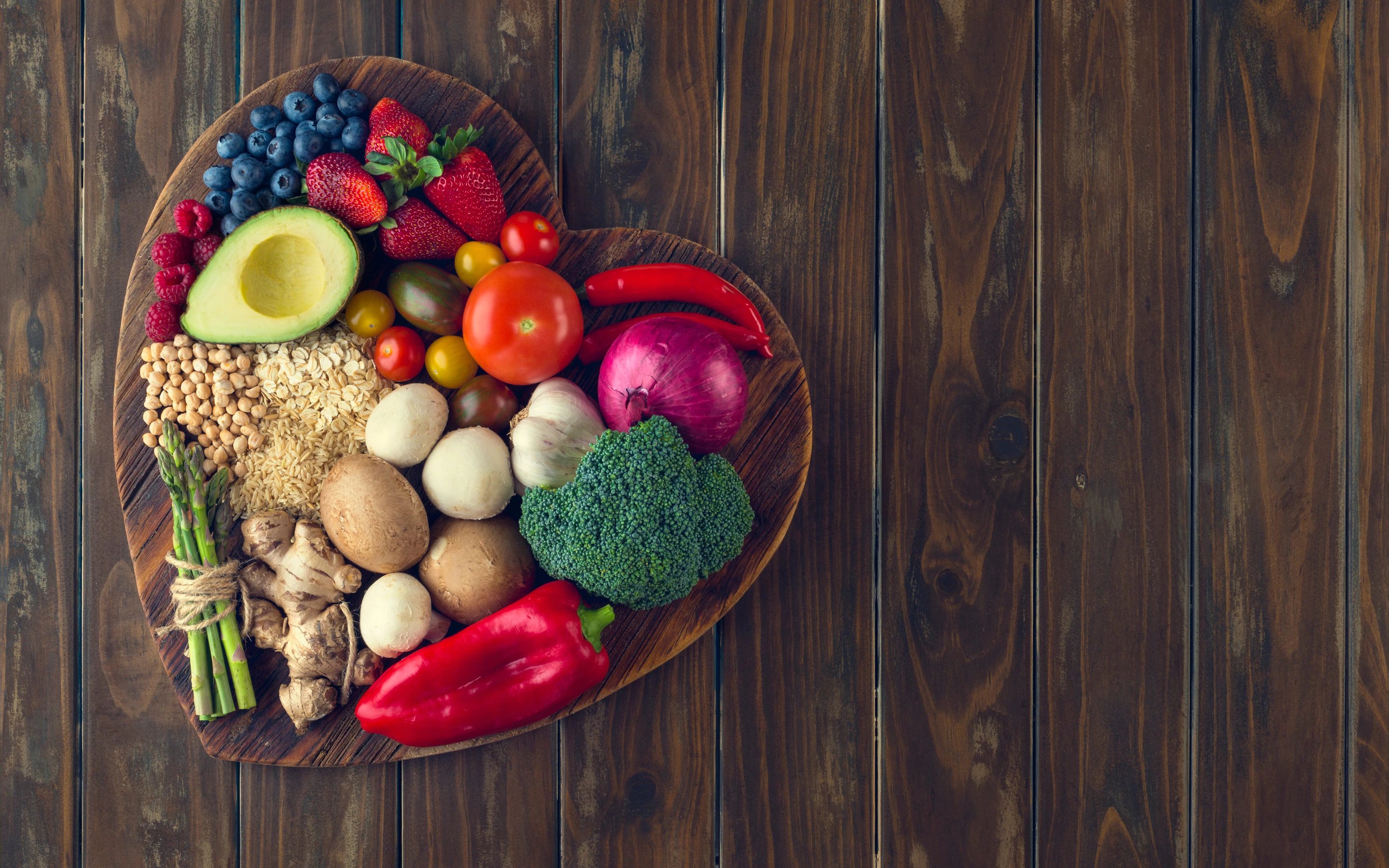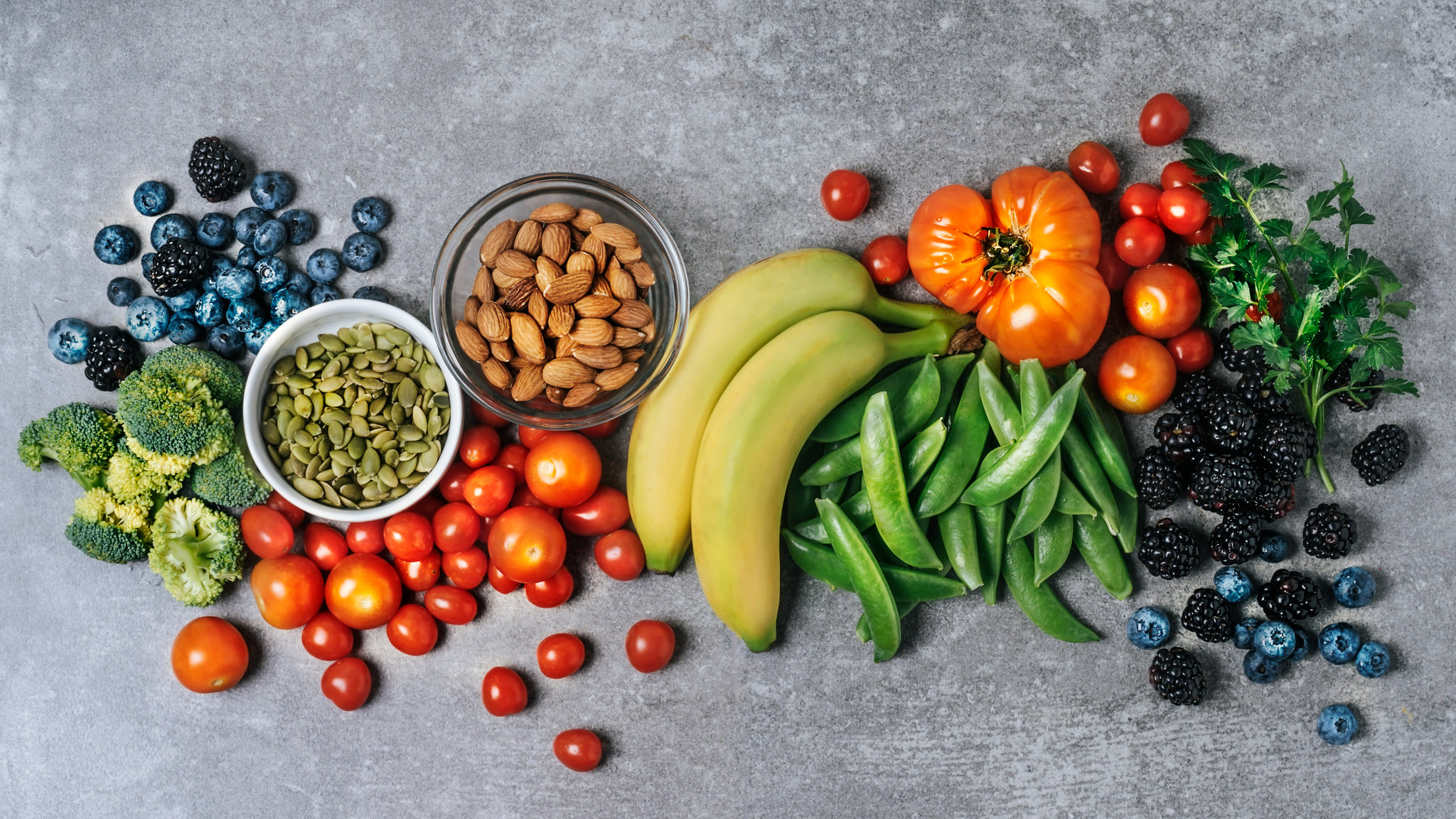Understanding where your food comes from:
Humans are considered to be at the top of the food chain but by being at the top we are not just blessed with the power to cater to our conveniences but also the responsibility of keeping our surroundings thriving. Our food system thousands of years back could have justified hunting animals and eating them for survival. However, the same cannot be justified in a modern day and age such as today. What was a necessity earlier has now become commercial which is why it is often difficult to differentiate between needs and wants. Animal agriculture has only degraded morally and ethically over the years. The amount of animal lives we take every year is staggering and beyond shocking when we think about the distress we cause to them mentally and physically. Each and every animal goes through a process to reach our plate for mere 15 mins of sensory pleasure before it is forgotten. There's no evidence that cow's milk, which we have grown up drinking, is meant for us or even that it contributes to a good bone structure in any way. In fact, a cow's milk has high levels of estrogen which is essential for the nutritional needs of developing calves who have four stomachs and are supposed to gain hundreds of pounds in a matter of months. It is not only truly unsuitable for a human but it also has serious implications on our health in the long run due to high levels of saturated fat and cholesterol. For a product we do not require to begin with, we separate mothers from their babies and take their milk because humans demand and pay for it. Cows are mammals which means, like humans, they only produce milk after giving birth. Veganism is very much a feminist issue because these cows are repeatedly impregnated, separated from their kids for the milk and then once they reach menopause, they are deemed unfit for the dairy industry. After a life of mental distress caused by the repeated pregnancies and separation from their babies, these cows are finally sent to slaughterhouses to make the last ounce of money from their exhausted and exploited bodies. Understanding where our food comes from is also extremely important because every time we choose to buy/ consume something, it has implications on another sentient being. Which is why choosing a plant- based diet will always be the answer.

It is a question of morality:
When we think about animal cruelty, the automatic thought of a person kicking a dog comes to our mind yet every year we kill
- 70 billion pigs for bacon
- 70 billion chicks for chicken
- More than 2.3 trillion fishes alone
Their ages range from
- 06 months for pigs
- 16 months for male cows
- 06 weeks for sick female chickens
- 01 day for male chicks
- 6-8 months for lambs
- 01-24 weeks for male calves
- 01-2 years for female egg-producing chickens
Because the issue of right and wrong is so overshadowed by what is legal and what is illegal, the question would be-- Is Legality equal to Morality? What is legal does not have to be ethical. We can think of few notable historic events which ended because people took a stand against what was wrong. A society always progresses when it challenges the given norms to do something differently, often morally correct.
The more we know:
While Veganism is a movement right now, it should be aimed to be a lifestyle. It is still a 100% plant-based diet that cuts the middle man and gives us all the nutrients straight from the source. Substituting meat products with plant-based alternatives can fetch you more nutrition since the ones we claim to get from animals comes from the plants they graze on and supplements they are fed.
For example:
- Seitan is high in protein, iron, calcium and potassium.
- Chia seeds is high in fibre, zinc, potassium and calcium
- Beets contain more B12 than any meat.
- Soy milk or almond milk to substitute animal milk.
- Legumes and lentils for protein,Iron, Vitamin B6, Magnesium and Vitamin C.
- Substituting fish for chia seeds, flaxseeds and hemp seeds for omega 3 fatty acids. And as for Vitamin D, we always have mushrooms.
The list is long! It takes courage to not shy away from the horrors of meat and dairy industry but the more we know, the faster we can make a difference. One individual consumes unto 20,000 animals per year. So if you think one individual cannot make a difference by following a vegan diet, think again! By understanding which nutrients our body requires, we can easily understand what food gives us which ingredients and helps us substantially eliminate the foods which do us no good. You can enjoy your favourite dishes without harming any animal by simply understanding which ingredients of your favourite dish (or any other dish for that matter) are derived from animals and simply substitute them with plant-based alternatives in order to not just get the nutritional value straight from the source but also reduce suffering and contribute towards a more flourishing ecosystem.

The time for veganism is NOW!
Humans live by the norms given to us by our parents who were given the same by their ancestors. We often look back in disbelief of our actions as humans and relief that it was protested in order to change. Our future generation will hopefully look at us the same way. The work in many sense is just a beginning. But, encouraging open conversations and never turning a blind eye when it comes to animal cruelty truly opens up our perspective towards the amount of inequality and consideration given to the lives of species whom we share the planet with. We have the capability to produce more food derived from ethical and sustainable sources now more than ever, requiring much lesser land space and contributing even more towards a greener future. There is no lie in the fact that the rise of veganism will be a demise of an industry which thrives behind closed curtains and under more than trillions of dollars of profit. But imagine how much welfare it would bring to not just the planet but also the workers within the industry if they just choose to consider this alternative. Think about it. Today, we use more than 90% of the earth's land for animal agriculture. This means that more than 90% of the planet's land faces, contributes and hides abuse, cruelty and slaughter. If only this land is used to grow products that we really need, we can keep animals off our plate and contribute towards a future which might sound like a mere dream today.
